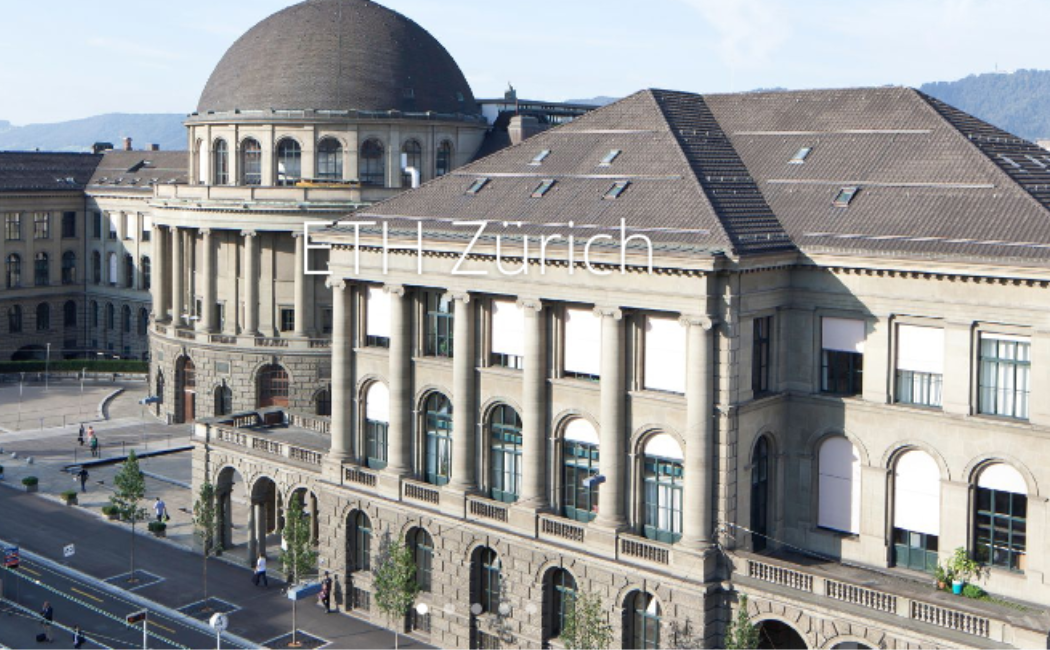Modeling of flow and transport is an essential component of many scientific and engineering applications, with increased interests in recent years. Application areas vary widely, and include groundwater contamination, carbon sequestration, air pollution, petroleum exploration and recovery, weather prediction, drug delivery, material design, chemical separation processes, biological processes, and many others. However, accurate mathematical and numerical simulation of flow and transport remains a challenging topic from many aspects of physical modeling, numerical analysis and scientific computation. Mathematical models are usually expressed via nonlinear systems of partial differential equations, with possibly rough and discontinuous coefficients, whose solutions are often singular and discontinuous. An important step of a numerical solution procedure is to apply advanced discretization methods (e.g. finite elements, finite volumes, and finite differences) to the governing equations. Local mass conservation and compatibility of numerical schemes are often necessary to obtain physical meaningful solutions. Another important solution step is the design of fast and accurate solvers for the large-scale linear and nonlinear algebraic equation systems that result from discretization. Solution techniques of interest include multiscale algorithms, mesh adaptation, parallel algorithms and implementation, efficient splitting or decomposition schemes, and others.
The aim of this special issue is to bring together researchers in the aforementioned field to highlight the current developments both in theory and methods, to exchange the latest research ideas, and to promote further collaborations in the community. We invite original research articles as well as review articles describing the recent advances in mathematical modeling, computer simulation, numerical analysis, and other computational aspects of flow and transport phenomena of flow and transport. Potential topics include, but are not limited to:
- advanced numerical methods for the simulation of subsurface and surface flow and transport, and associated aspects such as discretization, gridding, upscaling, multiscale algorithms, optimization, data assimilation, uncertainty assessment, and high performance parallel and grid computing;
- spatial discretization schemes based on advanced finite element, finite volume, and finite different methods; schemes that preserve local mass conservation (such as mixed finite element methods and discontinuous Galerkin methods) are of particular interest;
- decomposition methods for improved efficiency and accuracy in treating flow and transport problems; decomposition methods for nonlinear differential equations and dynamical systems arising in flow and transport; temporal discretization schemes for flow and transport;
- a-priori and a-posteriori error estimates in discretizations and decompositions; numerical convergence study; adaptive algorithms and implementation;
- modeling and simulation of single-phase and multi-phase flow in porous media or in free space, and its applications to earth sciences and engineering;
- modeling and simulation of subsurface and surface transport and geochemistry, and its application to environmental sciences and engineering;
- computational thermodynamics of fluids, especially hydrocarbon and other oil reservoir fluids, and its interaction with flow and transport;
- computational modeling of flow and transport in other fields, such as geological flow/transport in crust and mantle, material flow in supply chain networks, separation processes in chemical engineering, information flow, biotransport, and intracellular protein trafficking, will also be considered.
Papers Submission
We cordially invite original research articles as well as review articles describing the recent advances in mathematical modeling, computer simulation, numerical analysis, and other computational aspects of flow and transport phenomena of flow and transport.
Papers of up to 10 pages, written in English and formatted according to the EasyChair templates, should be submitted electronically. While submitting please don't forget to select the workshop: International Workshop on Computational Flow and Transport: Modeling, Simulations and Algorithms.
All papers will be peer reviewed. Accepted papers will be published by Elsevier in the open-access Procedia Computer Science series. The proceedings will be available at the conference.
At least one author of an accepted paper must register at the conference site and present the paper at the workshop.
After the conference, selected papers will be invited for a special issue of the Journal of Computational Science (Impact Factor 1.567).
Conference sessions June 12-14, 2017: Zurich, Switzerland
Other information
For information on conference venue, accommodation, registration, etc. please refer to the conference site.
Workshop Organizer and Co-organizer
Prof. Shuyu Sun
Email: shuyu.sun@kaust.edu.sa
Affiliation: King Abdullah University of Science and Technology (KAUST)
Prof. Jianguo (James) Liu
Email: liu@math.colostate.edu
Affiliation: Colorado State University, USA
Programme Committee
Victor, Ginting, vginting@uwyo.edu, University of Wyoming, USA
Hong, Wang, hwang@math.sc.edu, University of South Carolina, USA
Yekaterina, Epshteyn, epshteyn@math.utah.edu, University of Utah, USA
Jason, Huang, huangcs@math.nsysu.edu.tw, National Sun Yat-sen University, Taiwan
Jie, Chen, chenjiexjtu@mail.xjtu.edu.cn, Xi'an Jiaotong University, China
Meng-Huo, Chen, M.H.Chen@leeds.ac.uk, University of Leeds, U.K.
